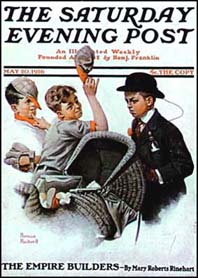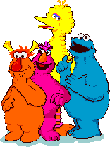 |
||
 |
||
Gallery |
|
|
 Ruby optical laser 1960 |
 Domino's takes pizza orders by telephone 1960 |
 Chatty Cathy 1960 |
 Camelot opens on Broadway 1960 |
 Letraset 1961 |
 IBM Shoebox, voice recognition system 1961  Kodak Instamatic camera, 1963 |
 Picturephone 1964 |
 Saturday Evening Post goes 1969 |
 Sesame Street arrives 1969 |

Copyright © Irving Fang and Kristina Ross, 1995-1996. All rights reserved.